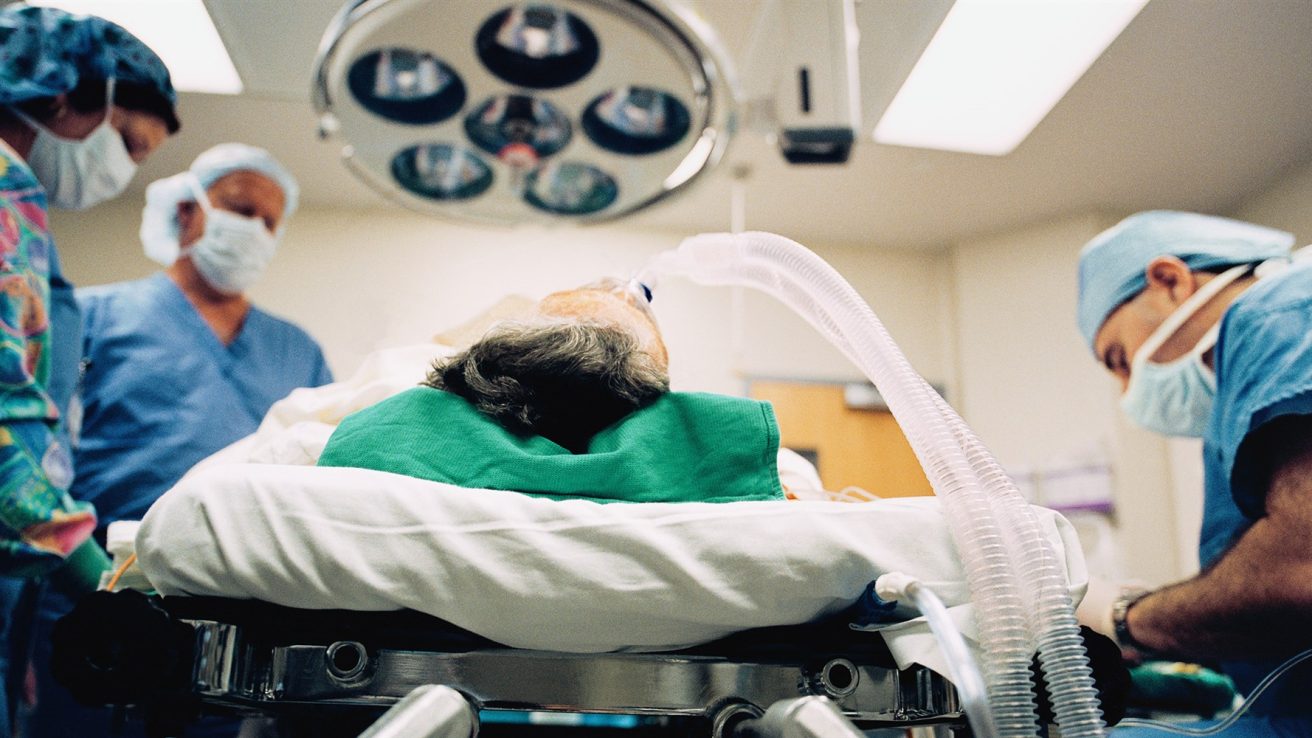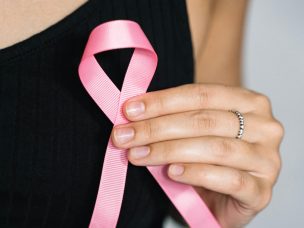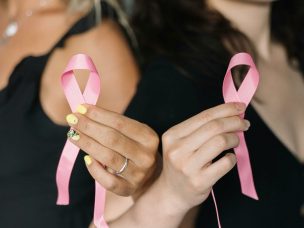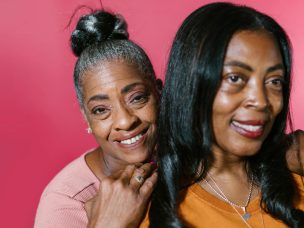A recent study led by Dr. Andrea Walens at the University of North Carolina at Chapel Hill analyzed how DNA repair, immune response and race are linked to breast cancer disparities, particularly in Black women. Walens’s work recognizes that the interplay of these factors is complex, and ultimately more research is needed to elucidate their interrelationship in breast cancer disparities.
The study participants included 1,464 women, 53% of whom were Black and under the age of 50. The participants contributed blood and tumor tissue samples to the Carolina Breast Cancer Study. Gene analysis was performed on these samples for 9 different DNA repair pathways and a 50-gene immune panel. Statistical analysis was adjusted for participant demographics and clinical characteristics.
The study ultimately found that breast cancers could be classified into four groups based on DNA repair gene expression: Repair High (32%), HR/FA High (23%), APOBEC High (32%) and Heterogeneous Repair (13%). The Repair High group had increased expression of NER, NHEJ, HR and FA genes. The HR/FA High group had elevated expression of HR and FA genes, only. The APOBEC High group had heightened expression of genes within the APOBEC family. The Heterogeneous Repair group had amplified expression of HR, NHEJ and FA genes.
Of note, the HR/FA High group was overrepresented in TP53 mutant-like tumors and triple-negative breast cancer. The Heterogeneous Repair group was overrepresented in TP53 mutant-like tumors and hormone receptor-positive breast cancer. The Repair High group was overrepresented in non-Black women. The group with the highest immune scores was the APOBEC High group.
The study concludes that DNA repair expression varies greatly across breast tumors and may depend upon tumor subtype, TP53 status and race. Moreover, differences in immune marker expression by DNA repair group suggest immune-targeted therapies may be more successful if tailored to each DNA repair group. A call to action is made advocating for further research on how DNA repair, immune response and race impact breast cancer disparities [1].
Source:
[1] DNA repair imbalance and immune response in breast cancer mortality disparities. 2020. https://www.sabcs.org










